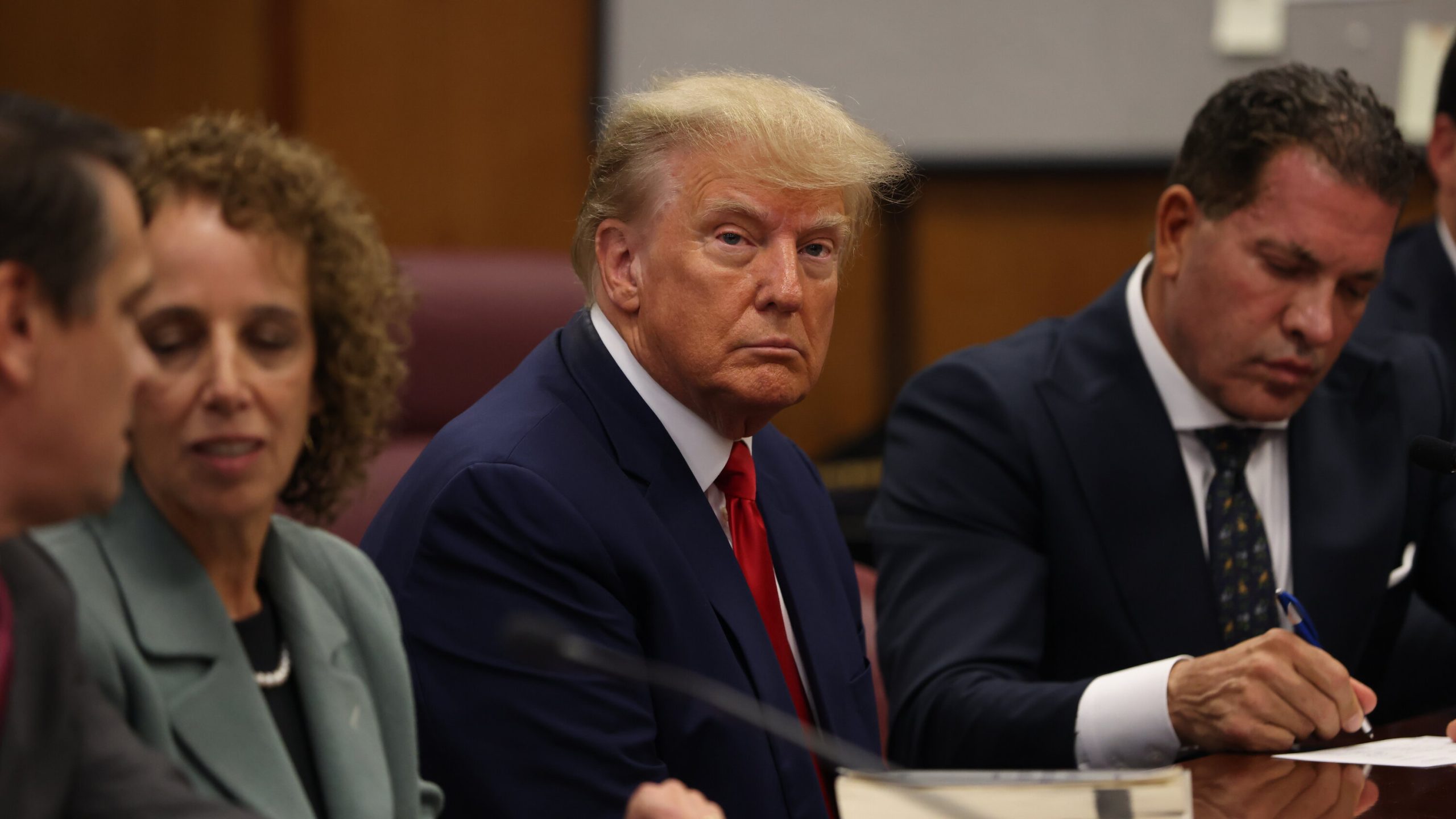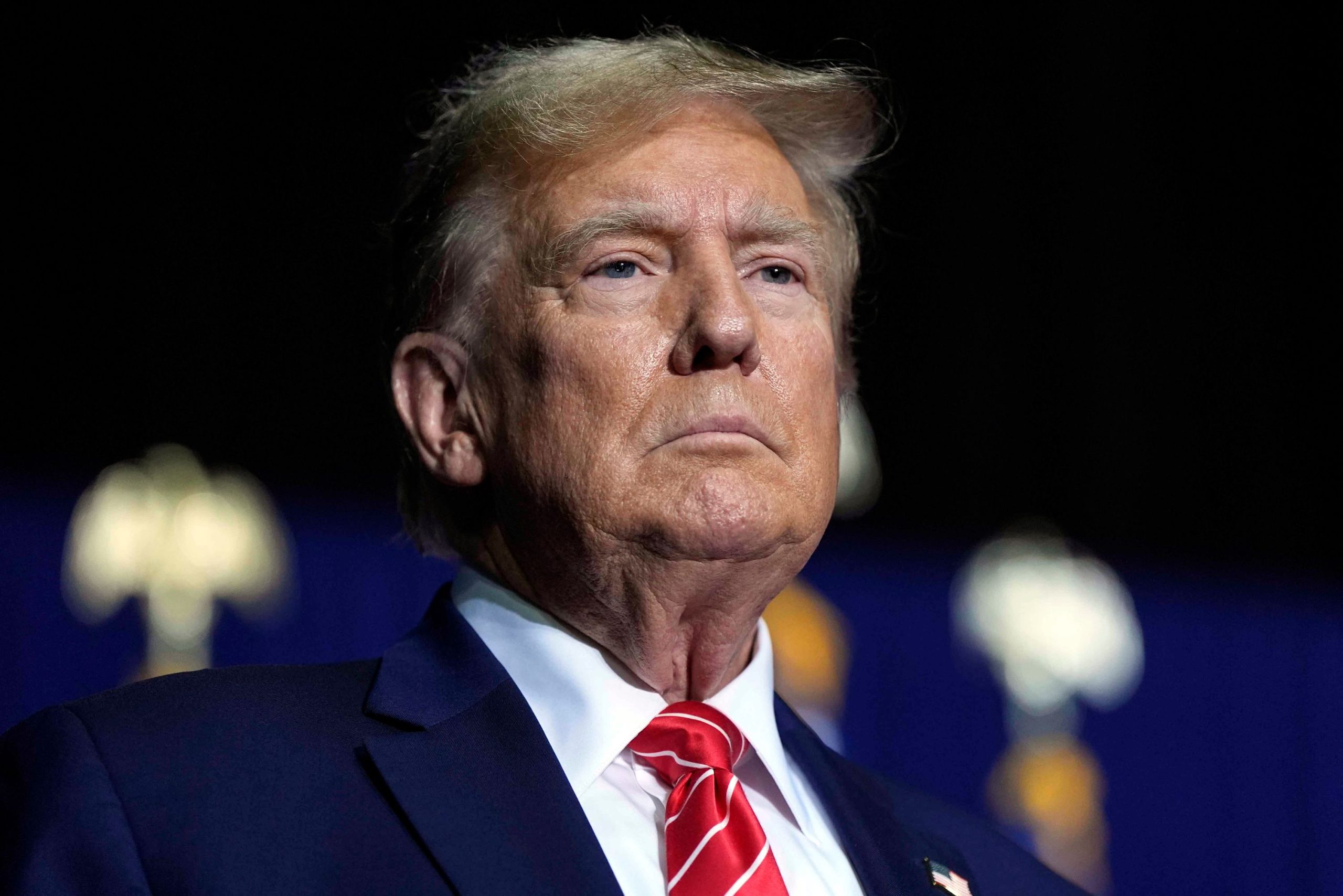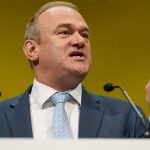Donald Trump’s recent foray into commenting on the pro-Palestinian protests on college campuses has stirred up considerable controversy and drawn sharp criticism from various quarters.
On his Truth Social platform, Trump posed a provocative question, suggesting a possible link between the demonstrations and efforts to divert attention from the situation at the Southern Border. He went further to insinuate the presence of “paid agitators” among the protestors, adding fuel to an already heated debate.
These remarks are not isolated incidents but rather part of a pattern where Trump has frequently made inflammatory statements regarding protests and political movements. For instance, he has previously downplayed violent events, such as the incidents in Charlottesville, comparing them dismissively to ongoing demonstrations.

Despite facing legal challenges, including a hush money trial in Manhattan, Trump remains active in the political arena. He recently visited battleground states like Michigan and Wisconsin for campaign events, expressing frustration about the perceived distraction his trial poses to his political ambitions.
In addition to targeting the protestors and his political opponents, Trump took a swipe at President Biden, using his trademark nickname “Sleepy Joe” and insinuating that the president is inactive or unresponsive to current events.
This latest episode underscores Trump’s ongoing engagement in political discourse and his willingness to employ divisive rhetoric to advance his agenda. It also highlights the power of his social media platform, Truth Social, to amplify his messages and reach a wide audience.
Critics have been quick to denounce Trump’s comments, accusing him of spreading baseless conspiracy theories and further polarizing an already deeply divided political landscape. They argue that such inflammatory remarks only serve to inflame tensions and undermine efforts to promote constructive dialogue and understanding.

In response to Trump’s allegations, many have called for evidence to support his claims and urged him to refrain from making unfounded accusations without proper substantiation. They emphasize the importance of fostering a climate of mutual respect and tolerance, where differing viewpoints can be heard and debated in a civilized manner.
As the political landscape continues to evolve, it remains to be seen how Trump’s remarks will influence public opinion and shape the discourse surrounding the pro-Palestinian protests and other related issues.
However, one thing is clear: in today’s hyperconnected world, words spoken and shared online have the power to shape perceptions and influence outcomes in ways that were previously unimaginable.

